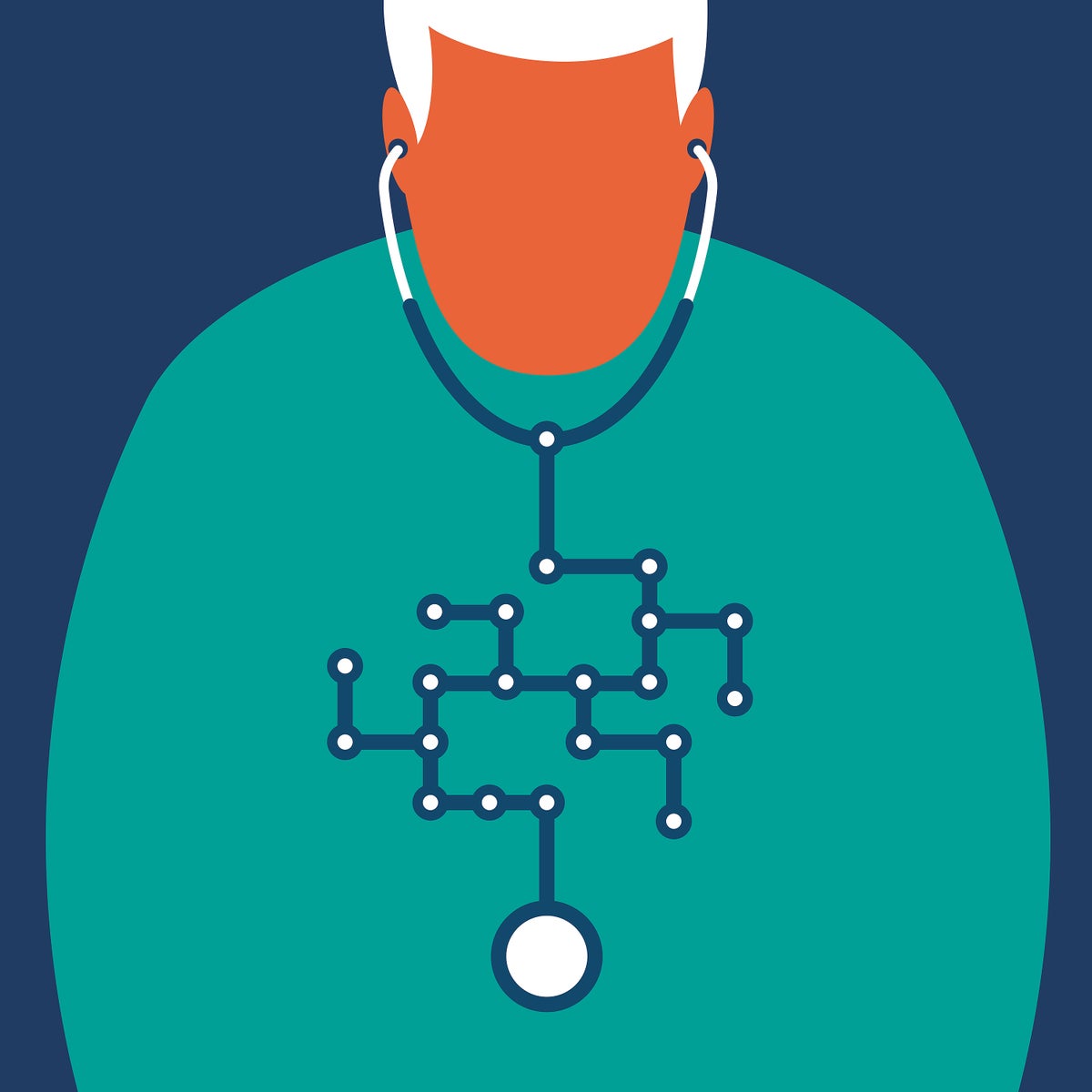Now Reading: New AI Tool Forecasts Disease Risk Over 20 Years
-
01
New AI Tool Forecasts Disease Risk Over 20 Years
New AI Tool Forecasts Disease Risk Over 20 Years

Quick Summary
- Overview: Delphi-2M,a new AI tool,predicts the risk of developing over 1,000 diseases decades in advance by analyzing medical records and lifestyle factors.
- Functionality: The model incorporates health data such as age, sex, BMI, and habits like tobacco or alcohol use to estimate future disease probabilities.
- Performance: Trained on UK Biobank data from 400,000 participants; its accuracy matches or exceeds single-disease predictive models. It’s particularly effective at forecasting illnesses with predictable progressions (e.g., certain cancers).
- Multi-Disease Modelling: Unlike previous tools that focus on one illness at a time, Delphi-2M forecasts multiple conditions simultaneously over extended periods.
- Test Findings in Denmark: Tested using health data from the Danish National Patient Registry (1.9 million individuals),yielding only slightly lower accuracy compared to its UK-based results.
- Limitations & Future Scope: Limitations include lack of multi-occurrence disease tracking. Researchers aim to test the model further with diverse datasets internationally to enhance precision.
Image Caption: Conceptual illustration of doctor with stethoscope made of neural network.
Indian Opinion Analysis
The introduction of Delphi-2M signifies a ample leap in predictive medicine through artificial intelligence. Its ability to anticipate disease trajectories decades ahead can potentially encourage preemptive healthcare measures and resource optimization within India’s already burdened medical infrastructure. Early detection strategies enabled by such technology could drastically reduce treatment costs and improve patient outcomes-especially for chronic illnesses such as cancer that demand long-term management.
Though, challenges remain concerning its adaptability across diverse demographics like India’s heterogeneous population-where variations in genetics, diet patterns, healthcare access disparity (urban vs rural), may require customized training on local datasets before implementation. Moreover, ensuring robust ethical frameworks for privacy around sensitive health data will be critical when adopting AI-driven models nationally.
In summary: while promising globally and offering opportunities for enhanced preventive care pathways domestically-with appropriate localization efforts-it underscores India’s ongoing need to invest strategically into large-scale health digitization initiatives while balancing innovation against equity concerns.



























